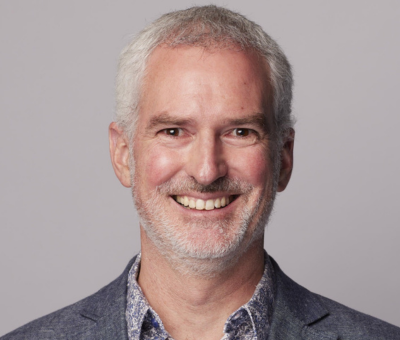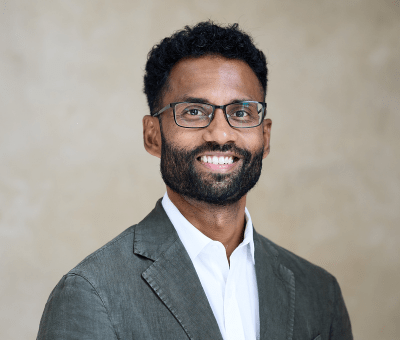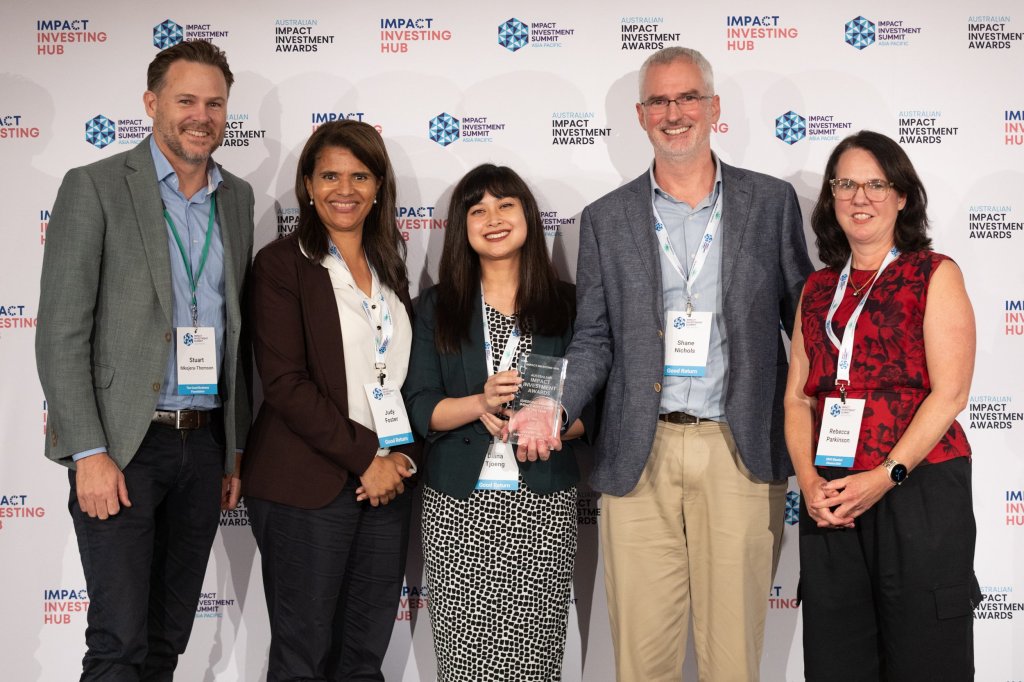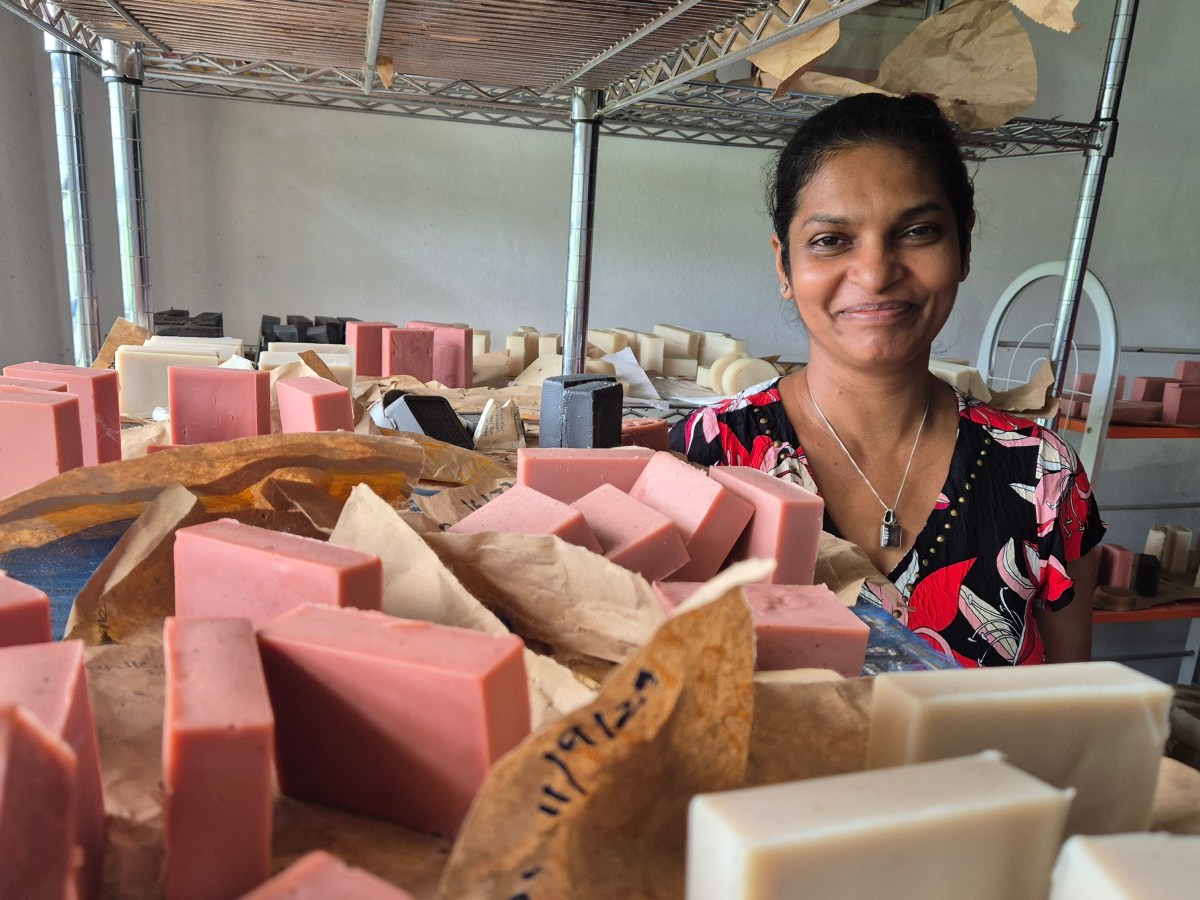Five years since launching our first impact investment fund at Good Return, one of our biggest lessons has been that the real measure of success comes from the women entrepreneurs, whose livelihoods we’re backing through the fund. That’s why for our new fund, we’re putting their voices at the centre of how we measure impact.
A focus on women entrepreneurs
The Good Return impact investment fund was established to meet a real and urgent need in our region. Across emerging economies, small businesses are often seen as too small, too risky, or too informal for traditional banks to invest in. At the same time, they’re often too large for microfinance institutions to support.

Without access to finance, these businesses can’t grow. And for women entrepreneurs, the barriers are even greater — gender discrimination, lack of identification, and insufficient collateral make accessing finance even harder.
We wanted to help change that reality. Our fund raises capital from impact investors. This capital — held in Australia — is then used to de-risk loans made by local financial service providers (FSPs) to small businesses across Asia and the Pacific, with a focus on women entrepreneurs. The guarantees are structured to give financial institutions the confidence to back women entrepreneurs they might have otherwise considered too risky.
Already, the fund is changing lives. Together with our partners, we’ve supported businesses in Cambodia and Indonesia across aquaculture, chilli, maize, rice, and cucumber farming. To date, we’ve helped fund 602 SMEs in the region, with A$5.05 million in loans disbursed. Ninety percent of those loans went to women entrepreneurs, supporting jobs and income for over 4,100 people.
Beyond financing, we’ve also worked closely with our local FSP partners to strengthen their gender capability, training 2,905 staff in areas including gender analysis, gender equitable finance and gender-inclusive practices. And we achieved all this by fully meeting financial return expectations for investors.
Going even further with a second Impact Fund
These results exceeded our expectations — and inspired us to go even further with our second fund. But as we began designing our second fund, we resolved to challenge how we measure success. It’s certainly important to measure financial returns as well as metrics such as number of businesses funded and jobs supported. However, we wanted to ask the women themselves what success looks like in their words.
Why does this matter? First, because clients should have a voice in shaping the initiatives that directly impact them. Second, because applying a gender lens to impact measurement recognises that women often have different priorities. Financial security, family well-being, environmental sustainability — these goals often matter just as much as, or more than just profit.
To build this approach Good Return has been working closely with Grey Area Partners for the past year. We have conducted a detailed evaluation of our first fund and spoken directly with about a dozen women entrepreneurs to understand their aspirations.

Through these conversations we learnt that these women borrowers value factors such as confidence and agency just as much as they do more tangible business outcomes. And they value the impact of their businesses on the lives of their family (especially children) but also the broader community (such as through employment).
Real and lasting changes to women’s lives
Take Loa Voucheang, a small-scale farmer in rural Cambodia. Through a loan supported by Good Return’s Impact Investment Fund, she was able to build a greenhouse, protect her crops from unpredictable weather, and dramatically increase her harvests.
For Voucheang, success isn’t just measured in dollars — it’s about securing her children’s education, ensuring her family’s future, and sharing her knowledge with other farmers in her community. She also valued sharing the loan process with her husband and the discussions they had together when making decisions for their family.
In Fiji, we spoke to Nisrat, an organic soap manufacturer. Nisrat is running a successful business and is ready for investment to scale up so she can reach regional markets outside her own town. Success for her is not only about selling more — it is also about ensuring she can make time to look after her son and help him with schoolwork. She also wants to make sure she can continue to use organic products and reduce her impact on the land she works on.
Investors invited to participate in second Impact Investment Fund
These learnings have then been reflected in the impact measurement and management framework for our second fund.
As we move forward, we’ll continue to listen to women entrepreneurs and combine both qualitative and quantitative data in our impact measurement. By embedding women’s voices into how we monitor and evaluate our investments, we’re redefining what progress looks like. It’s not just about numbers on a report — it’s about the real, lasting changes these investments create in women’s lives, their families, and their communities.
Good Return is currently inviting investors to participate in its second Impact Investment Fund.
Find out more here: https://goodreturn.org.au/impact-investing.
Good Business Foundation expands its support of the Good Return Impact Fund
The Good Business Foundation (GBF) was established in 2019 by philanthropist and businessman Peter McMullin AM and Stuart Mkojera-Thomson, an international development specialist.
GBF was founded to help contribute to solving one central question: “How can jobs be created and economic prosperity be bolstered while improving community cohesion, wealth distribution and combating climate change?”
This led the GBF to focus on small and medium sized businesses in emerging markets like Indonesia, Kenya and Timor-Leste. It also led the GBF to Good Return.
Commenting on the Good Business Foundation’s investment in Good Return, Co-Founder Stuart Mkojera-Thomson said:
“Long before the GBF was established, Good Return has been working in communities, supporting household and small business financial literacy. More recently, it began to also focus on ‘the missing middle’. Those small and medium sized businesses that were too large for micro-finance but too large for mainstream lenders.
“Over the past three years the GBF has provided funding and investment to support Good Returns first Impact Fund. The GBF is now continuing and expanding that support into its second Impact Fund.”
Peter McMullin AM said: “The GBF will more than triple its investment in the Good Return Impact Fund. Good Return has shown a strong track record of both financial and impact performance in some of the most difficult parts of the world.”
Stuart Mkojera-Thomson joined Good Return Managing Director Shane Nichols and Head of Asia and Impact Investments, Diana Tjoeng, along with another valued Good Return investor, Susan Clear from Macquarie Group Foundation, at the Australian Impact Investment Awards earlier this year.

Good Return, and its inaugural Impact Investment Fund, was named joint winners in the Emerging Markets category alongside Leapfrog Investments.
The awards night was hosted by Impact Investing Hub during the Impact Investment Summit Asia Pacific, with the Emerging Markets category sponsored by Australian Department Affairs and Trade (DFAT).

